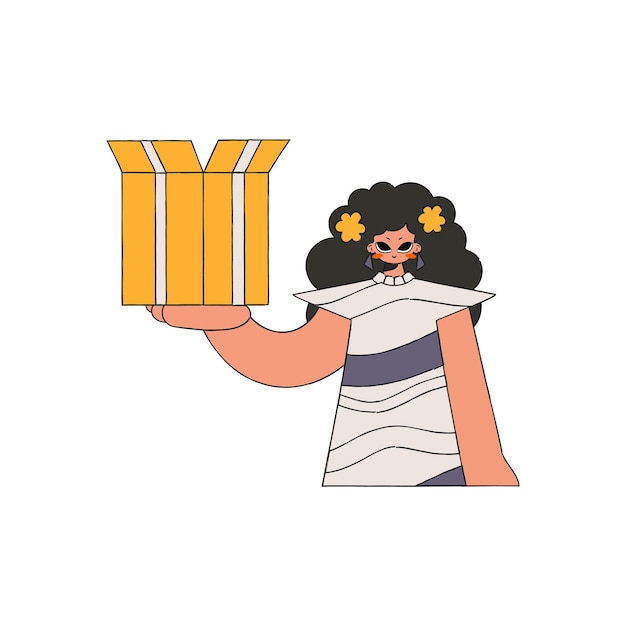Athena Facts – Unveiling the Secrets of the Greek Goddess

Athena, the Greek goddess of wisdom, was born fully formed from the head of her father, Zeus.
Athena is often referred to as the virgin goddess as she had no romantic relationships or children.
Athena is associated with wisdom, strategic warfare, and handicrafts.
She is often depicted holding an owl, which symbolizes wisdom.
Athena was known for her strategic thinking and wise counsel.
She was a patron of heroes and aided them in their quests.
Athena is often considered the favorite child of Zeus and was his trusted advisor.
Athena was the goddess who invented the bridle, which allowed humans to tame horses.
She was also credited with developing the olive tree, a symbol of peace and prosperity.
Athena was instrumental in the founding of Athens, competing with Poseidon to become the city’s patron deity.
She is often associated with the owl because of its association with wisdom and clear vision in the darkness.
Athena was considered a fierce protector of cities and was called upon during times of war.
Many ancient Greek cities had temples dedicated to Athena, including the Parthenon in Athens.
Athena was often depicted wearing a helmet and carrying a shield.
She was also associated with the arts, particularly weaving and pottery.
Athena was known for her ability to transform into different forms, such as a bird or a snake.
She was believed to have a strong sense of justice and would protect the innocent.
Athena Facts – Unveiling the Secrets of the Greek Goddess part 2
Athena was said to have a calm and composed demeanor, rarely displaying anger.
She was also considered a goddess of crafts, inspiring artists and artisans.
Athena was often a source of inspiration for writers and poets.
She was honored during the annual festival called the Panathenaia in Athens.
Athena was said to have intervened in the Trojan War, supporting the Greek forces.
She was known for her strategic advice and guidance to the Greek heroes during the war.
Athena was one of the twelve Olympian gods and goddesses.
She is often portrayed as a strong and independent female deity.
Athena was also associated with intellectual pursuits, such as philosophy and mathematics.
She was considered a patron of learning and wisdom.
Athena played a key role in the story of Odysseus, helping him on his journey back to Ithaca.
She assisted him in disguises and strategic planning to defeat his enemies.
Athena was believed to be a fair and wise judge in legal disputes between gods and mortals.
She was also revered as a protector of women and would empower them in times of need.
Athena was worshipped throughout the ancient Greek world, not just in Athens.
Her cult was particularly strong in the city of Corinth.
Athena was often associated with the arts of war, such as tactics and strategy.
She was depicted wearing a peplos, a traditional Greek garment typically worn by women.
Athena was respected by other gods and goddesses for her wisdom and judgment.
She was known to provide guidance and inspiration to mortals in times of need.
Athena was skilled in both offensive and defensive warfare, making her a formidable opponent.
She was also depicted as a virgin goddess who refused to be dominated by men.
Athena was often invoked by ancient Greek soldiers before going into battle.
She was considered a symbol of female empowerment and strength.
Athena was known to be a great protector of cities, often overseeing the construction of fortifications.
She was also associated with agriculture, specifically as the protector of olive trees.
Athena was believed to have the ability to heal and cure diseases.
She was greatly revered as one of the most powerful and influential deities in Greek mythology.

